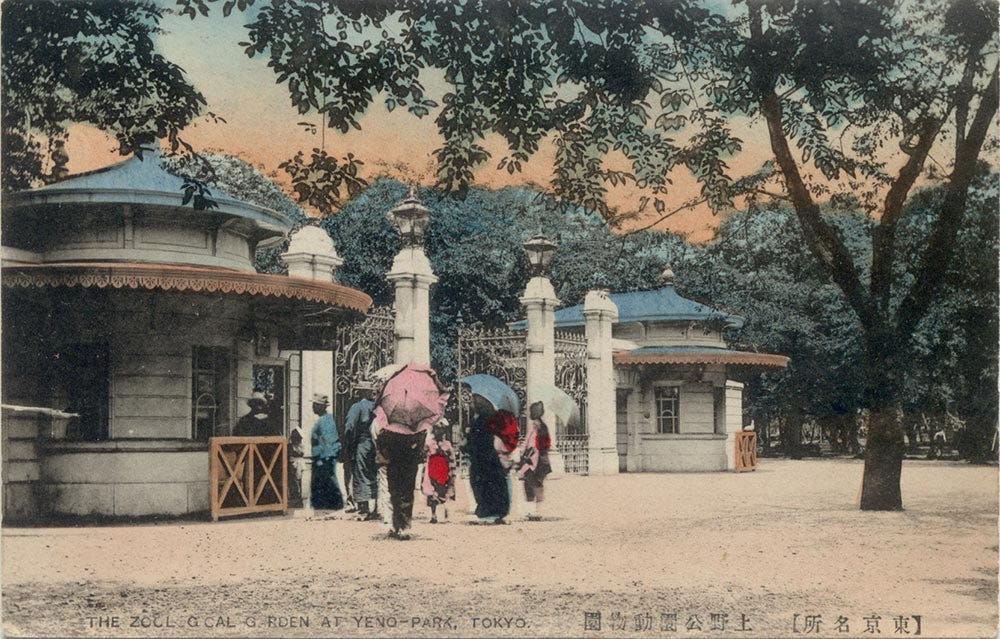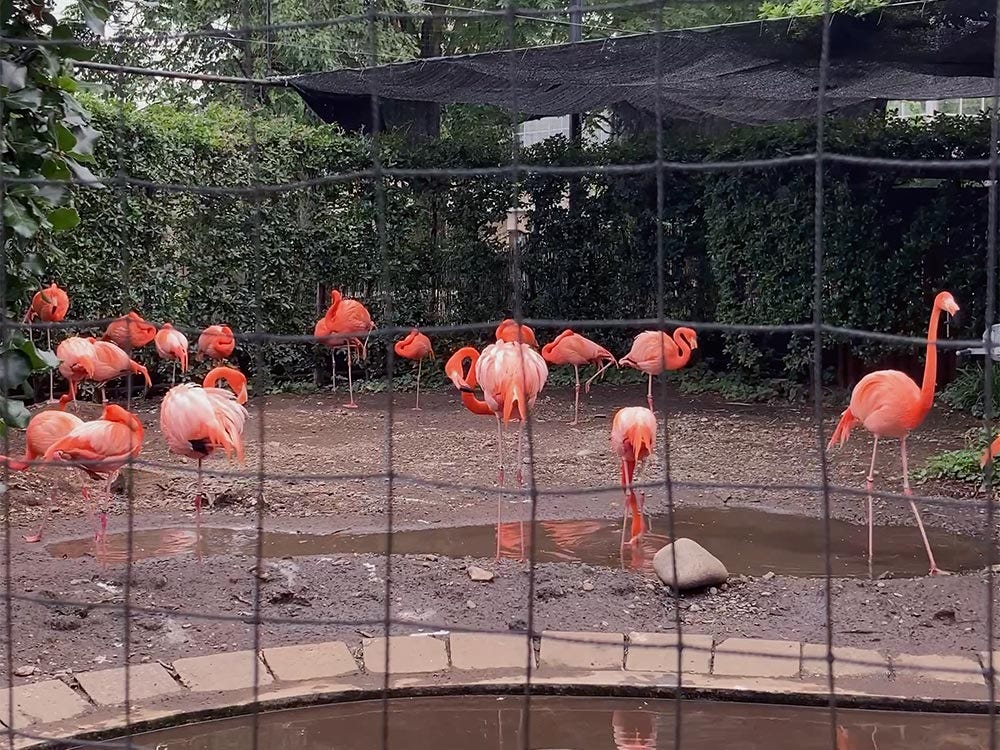Welcome to NOTEBOOK, a cultural guide to art, design and architecture, along with a resource of local news and information in English giving a realistic view of Tokyo and further afield.
06/12 – With travel to and from Japan increasing, concerns over a possible measles outbreak is prompting experts to recommend vaccinating against the disease. Two injured Ukrainian soldiers have arrived in Japan for medical treatment and rehabilitation at a hospital in Tokyo. The Japanese Industry minister met with local fishing representatives from the Tohoku region over plans to release treated water from Fukushima’s stricken nuclear power plant into the sea. Meanwhile, plans have been approved for Emperor Naruhito and Empress Masako to embark on their first official visit to Indonesia later this month.
And with a three-day festival taking place in Ueno Park dedicated to the Philippines (June 9~11), NOTEBOOK visited Ueno Dōbutsuen, Japan’s old zoo at the heart of Tokyo, mere minutes from the park and Ueno Station.

Back in April, Japan, Australia and the other members of the Trans-Pacific Partnership agreed to admit Britain as its 12th member. The Japanese government established a new research organization in Fukushima and unveiled a route along the Shin-Tomei Expressway between Tokyo with Nagoya for autonomous vehicles. The logistics industry was also updated with Japan Post carrying out the first ever test delivery of a parcel by drone to the west of Tokyo.
NOTEBOOK also reported from Ueno Park on April 1st, April Fools Day, as people drank, shared stories of a previous night out — of where to hang out and where not — for the first 'hanami' cherry blossom season in three years.

Death is often overlooked (or ignored) when considering the modern day zoo. But nowhere does this reality carry significance than Ueno Zoo which during the war put down several species of tiger and elephant during the war. Suspicions grew that animals were eating children and Shigeo Ōdachi, a cabinet minister of the day, immediately ordered the animals be put down to quash any fear of a damaged reputation. The war effort’s draining of resources probably didn’t help, nor did the fear that air raids might set some of the animals free to run rampage through the streets of Tokyo. The final years of the war saw dozens of carnivorous animals slaughtered with three Asian elephants left to starve and wither away. Public outcry did not go unnoticed. Postwar children wrote to the Indian Prime Minister Jawaharlal Nehru asking that he gift the zoo with a new elephant. Which he did in 1949, sending a 15 year-old elephant named Indira after his daughter to live permanently at Ueno. 1
NOTEBOOK episodes are published 3 times a week: Monday, Wednesday, and Friday. We will add things here we couldn’t fit into each episode and use this space as somewhere to answer your questions when your here or thinking of visiting Japan.
It wont necessarily be chronological: we’ll dive back into previous episodes and expand on things that wouldn’t fit — you can only record so much.
We have recently been adding field recordings from different parts of the city, and different parts of the country, while interviews give us a chance to talk with other people on the places they might recommend (or not, for that matter).
And if you have an recommendations or requests, send an email (notebook.podcast@gmail.com) or voice message (speakpipe.com/notebook). Better still, Subscribe and add a comment below. Thanks for listening, thanks for reading, and feel free to use this as your NOTEBOOK.
https://www.oldtokyo.com/ueno-zoological-garden-ueno-park/




